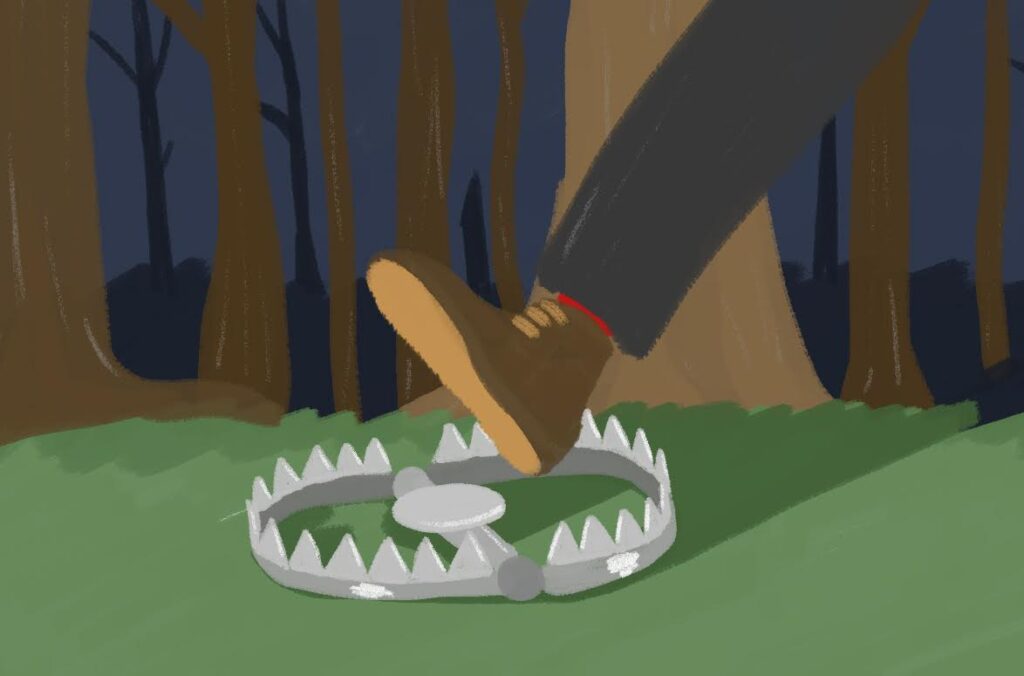
You’re browsing a sketchy website—maybe looking for a firmware update, maybe trying to stream Downton Abbey without paying—and suddenly, a CAPTCHA pops up. “I’m not a robot,” it says. You click the box. You feel validated. You are human. But then… your browser redirects, your CPU spikes, and your inbox starts getting emails from a cryptocurrency exchange you’ve never heard of.
Congratulations. You just fell for a fake CAPTCHA.
As if these things weren’t irritating enough we now have to contend with malicious ones. So what Is a Fake CAPTCHA?
CAPTCHAs were designed to keep bots out. But now, cybercriminals use fake CAPTCHAs to lure you in. Instead of verifying your humanity, they:
Install malware and redirect your browser to phishing sites.
Or bring up fake warnings of virus infection… which is a lie.
So how to Spot a Fake CAPTCHA
Here’s your survival guide for dodging these pixelated landmines:
It appears on a random site you’ve never heard of, usually offering free movies, cracked software, or miracle weight loss pills… but be warned, they can also appear on legit websites that have been hacked.
It asks for personal info—like your email, phone number, or blood type – real CAPTCHA will never do this.
It redirects you to another website after clicking—a legit CAPTCHA doesn’t send you anywhere.
It asks you to press weird keys like Ctrl + V or Windows + R. That’s not CAPTCHA. That’s a trap.
It looks slightly off—fonts, layout, or branding that feels like it was designed by someone who’s never seen a real website.
Want a visual breakdown? Check out this excellent video.
How to Protect Yourself
Use a reliable ad blocker like ADGuard to stop fake CAPTCHAs from loading in the first place.
Avoid shady websites—if it looks like it was built in 2004 and promises free stuff, run.
Don’t click CAPTCHAs on redirect pages or pop-ups.
Keep your Mac up to date with security patches and MacOS releases.
Never copy and paste commands from CAPTCHA pages. That’s not a CAPTCHA. That’s malware cosplay.
Fake CAPTCHAs are the internet’s equivalent of a fake security guard asking for your house keys. They look official, sound helpful, and then rob you blind. So next time you see a CAPTCHA outside of Google, Apple, or a reputable site, stop and think on these warning signs and as always, print out my guide for dealing with scams.

Recent Comments